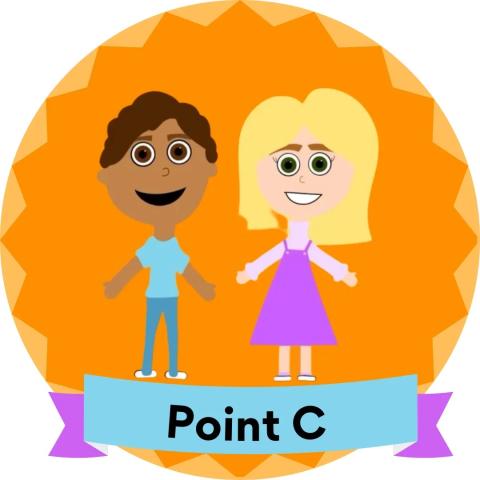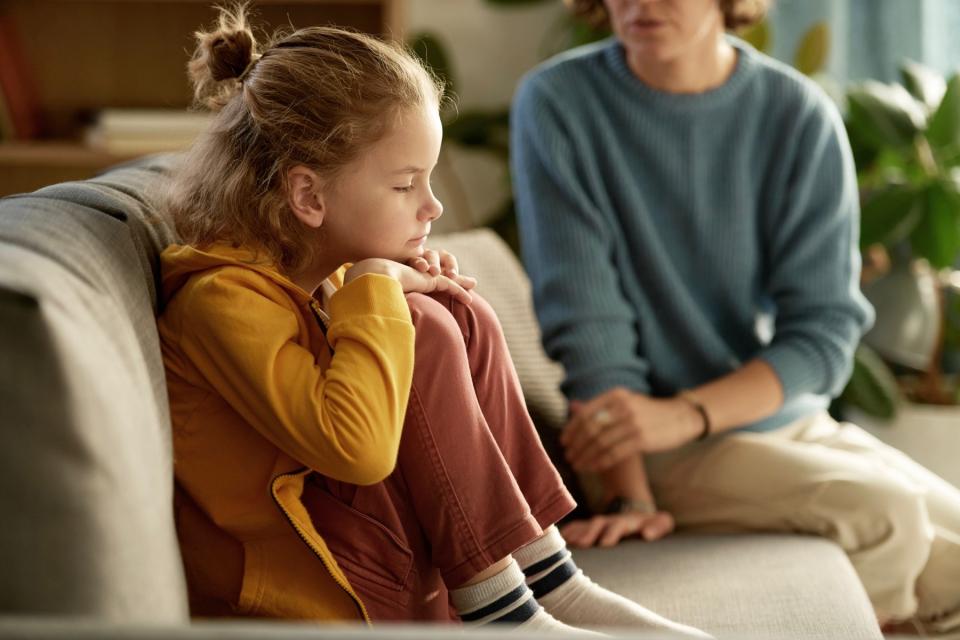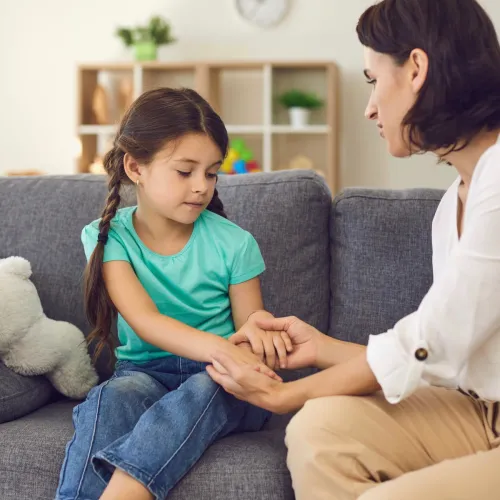Point C and the Impact of Conflict on Children: Q&A With Lawrence Jones, Former Judge of the New Jersey Superior Court
Lawrence Jones is a former Family Court Judge of the Superior Court (NJ) (retired from public service in 2017) and former President of the New Jersey Coalition of Juvenile and Family Court Judges (NJCJFCJ). Currently, he serves as Vice-Chair of the New Mexico Supreme Court’s Statewide Commission on Alternative Dispute Resolution and is an adjunct professor of Constitutional Law at University of New Mexico.
He and his wife, Joni Jones, who is board certified in psychiatric and mental health nursing and served under three governors, have dedicated their lives and professional outreach to helping families navigate the often-difficult journey through mental health issues and family law.
In this article, we learn from Lawrence Jones about Point C, a short film he developed to help parents and families, as well as the professionals who serve them, create a less stressful experience for children during a separation or divorce.
What inspired Point C?
During my years as a Family Court Judge, it was readily apparent in many cases that the divorcing parents, through their own contentious conduct and dysfunctional attitudes, were unintentionally but substantially hurting their own children on an emotional level.
To encourage divorcing parents to think about the consequences of their words and actions on their children, I created the short 5-minute video fable entitled Point C. My wife, Joni, assisted in the creative process.
Point C was designed as a public service resource for:
- Parents undergoing a contentious divorce.
- Professionals who are directly or indirectly involved in the family court process as well, including attorneys, judges, custody experts, family therapists, and others.
In many respects, storytelling can be a far more effective educational tool than a speech or a lecture. They have long been an important part of our society, as reflected by some of history’s greatest fables. Originally written by Aesop in ancient Greece, such fables as The Hare and the Tortoise, and The Wolf in Sheep’s Clothing still exist as relevant short stories today, thousands of years after their creation. Point C is a modern fable with a similar educational intent.
In the realm of divorce, there is value in self-reflection. Millions of children’s lives, futures, and best interests will be radically affected by the words and actions of their parents during divorce proceedings. While divorce itself is sometimes unavoidable, parents should conduct themselves in a mature, appropriate, and dignified manner. Further, parents should respect and focus on the needs of their children to protect them from stress.

What does “Point C” mean?
Many people who have watched the 5-minute Point C video have reached different conclusions about what “Point C” personally means to them. In the story itself, there is a contentious divorce, where neither parent is budging from their positions. The father is at Point A and the mother is at Point B.
“Point C” is theoretically a goal of peaceful compromise for the sake of a child. The video portrays how, from the child’s standpoint, the meaning of “Point C” significantly changes in the midst of her parents’ endless battle, as she gradually grows up from a young dependent child to a fully independent adult.
Why is Point C relevant right now?
There are at least three reasons why Point C is relevant to anyone who has been through a contentious divorce or has close family members or friends who have been involved in hostile family litigation.
-
This is a novel, outside-the-box approach to persuading highly contentious parents to consider how their actions in a divorce may be unintentionally hurting their child's emotional well-being.
-
It is extremely important for parents, lawyers, judges, mediators, and society as a whole to consider the ironic reality that court battles over the "best interests of a child" can themselves be completely contrary to the best interests of the child.
-
Last month, as part of National Children's Awareness Month, two of the nation's leading organizations focusing on divorce, the Association of Family and Conciliation Courts (AFCC) and the Academy of Professional Mediators (APFM), featured and supported Point C.
Additionally, as a public service, the newly launched Point C website contains multiple free videos and other resources for parents and professionals.
How can parents support their child’s best interest?
Point C focuses on mental health concerns for children whose parents are undergoing a contentious divorce. In addition to watching and thinking about the 5-minute Point C video, parents can also follow these strategies:
- Avoid talking negatively about the other parent to the child or in front of the child.
- Avoid discussing the details of the divorce proceedings with the child or sharing court papers with your child.
- Absent an emergency, do not interfere with the child’s parenting time with the other parent, without the other parent’s consent.
- Generally, and absent emergent circumstances involving the child’s safety, do not interrogate your child about what the other parent is doing during their parenting time.
- Do not embarrass your child by engaging in public arguments or screaming matches with the other parent.

What’s your best advice for co-parents stuck in ongoing conflict?
Divorcing couples must be aware that they can hurt their child’s emotional health through ongoing time-consuming, expensive, and seemingly endless litigation. While every child is unique, it is my experience that an overwhelming number of children simply want their parents to act peacefully and for ongoing parental warfare to stop.
Where can people watch and learn more about Point C?
You can watch the 5-minute Point C video on YouTube. I encourage you to like, share, and leave a comment with your thoughts.
You can also find the video on the Point C website, as well as other resources.
Point C has been featured in articles on several websites, including Divorce and Beyond, Association of Family And Conciliation Courts (AFCC), and Academy of Professional Family Mediators (APFM)




